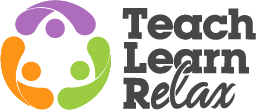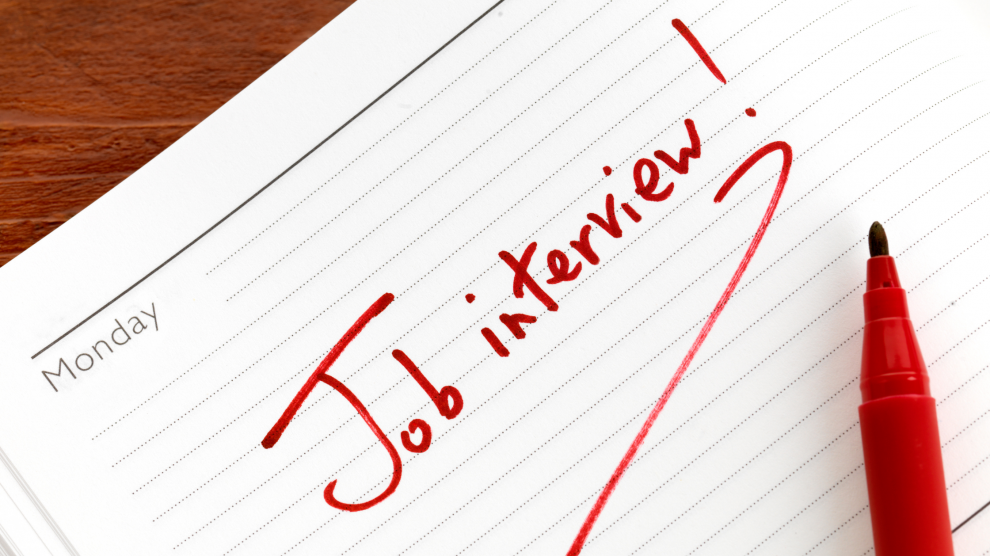ESOL, ESL, English, Maths, Vocational, and Community Learning
You have just answered your interview questions as best as you could and before the session closes, you are usually given an opportunity to ask the panel some questions. Your interview continues here. Having some questions ready to ask at the end of the interview shows that you have prepared, done some research and that you are interested and motivated to work for this organisation.
By asking these specific questions you:
– check if the job meets your needs and expectations, and if it is the right opportunity for you,
– understand your future employer’s expectations and policies better,
– know what to prioritise when you start planning and preparing for teaching, as a result, you feel more comfortable with the processes.
Here are some open and curiosity-led questions for you to consider to continue the dialogue. Pick a few, as some may be answered organically during the interview.
a) If you want to know more about the quality processes, for example lesson observations, learning walks, peer observations, etc., so you know what to expect and include this in your long-term planning, ask:
What is the performance review and quality process here?
How do you assess the effectiveness of teaching and learning?
What learning and development opportunities (CPD) do you offer?
b) If you want to share understanding, prepare and plan some things ahead, for example read a qualification handbook, ask:
Which awarding bodies do you work with and what qualifications do you offer?
How is the staff involved in creating Schemes of Work (SoW) and qualification materials?
c) If you want to know how the organisation support staff wellbeing, ask:
What does a typical week look like in this role? (e.g. timetable, teaching hours, planning time, remote work, the ration of face-to-face vs. online delivery, group sizes, etc.)
What does your organisation do to help its employees maintain work-life balance?
What support do you offer to a new colleague?
d) If you want to be aware how the recruitment process will continue, ask:
What is your timeline and what are the next steps in your recruitment process?
- Which two or three questions would be the most important to you? Why?
- How will you personalise them further?
Good luck!






Add Comment